India and the US have successfully resolved all pending disputes at the World Trade Organization (WTO) through bilateral negotiations, marking a significant milestone in trade relations. The resolution includes issues such as tariffs on steel and aluminum imports and renewable energy subsidies.
An important step forward has been the effective resolution through bilateral negotiations of all seven outstanding issues between the United States and India at the World Trade Organization (WTO). A turning point in the two nations’ bilateral economic ties has been reached with the amicable settlement of the disagreements, which included topics like US tariffs on aluminum and steel imports and Indian renewable energy subsidies for solar panels and cells.
These issues have been resolved as a result of notifications that the US and India sent to the WTO’s Dispute Settlement Body (DSB) regarding a mutually agreeable resolution to the dispute known as DS430 Concerning Importation of Certain Agricultural Products. When a mutually agreeable solution complies with applicable WTO agreements, parties may choose to resolve issues through the WTO’s dispute settlement mechanism at any point during the process.
In order to arrive at a mutually acceptable resolution, the parties usually consult for 60 days as part of the WTO dispute settlement process. If consultations are unsuccessful, the DSB convenes an expert panel to review the matter and produce a report that can be challenged before the Appellate Body. But because the US is preventing the nomination of new members, the Appellate Body has been inoperable since 2019 and is unable to hear appeals.
The settlement of these conflicts emphasizes how crucial bilateral talks are for resolving international trade disputes. India and the US have shown that they are committed to resolving disputes in a way that fosters trade stability and collaboration by coming to mutually agreeable agreements.
With its headquarters located in Geneva, Switzerland, the Appellate Body was founded in 1995 and now has seven members. Nevertheless, the absence of nominations has hindered its functions; the term of the last member of the Appellate Body in office expires on November 30, 2020.
As time goes on, it is anticipated that a successful settlement of these conflicts will improve commercial ties between the US and India, opening the door to more collaboration and economic expansion.







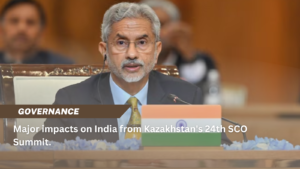
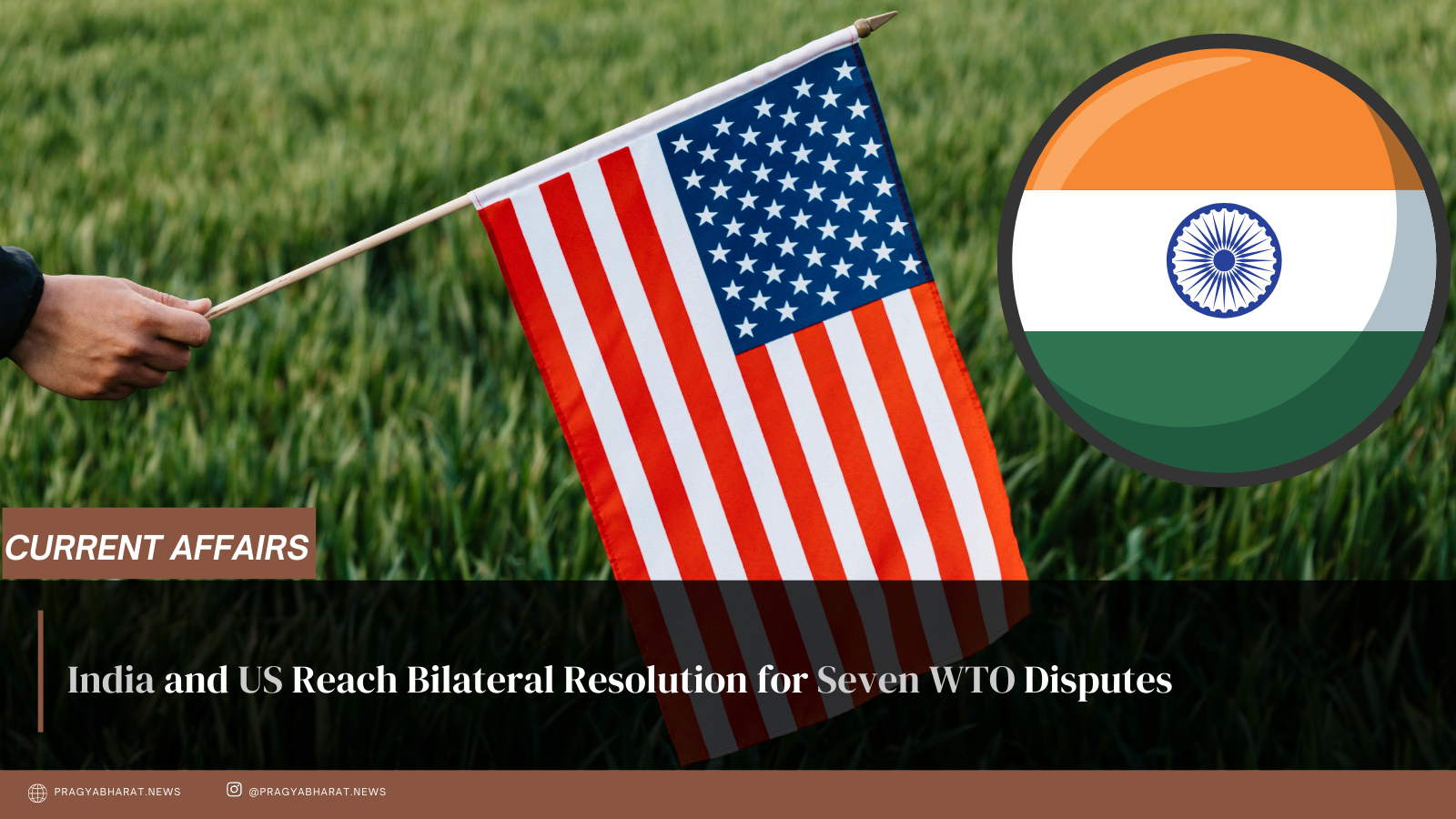

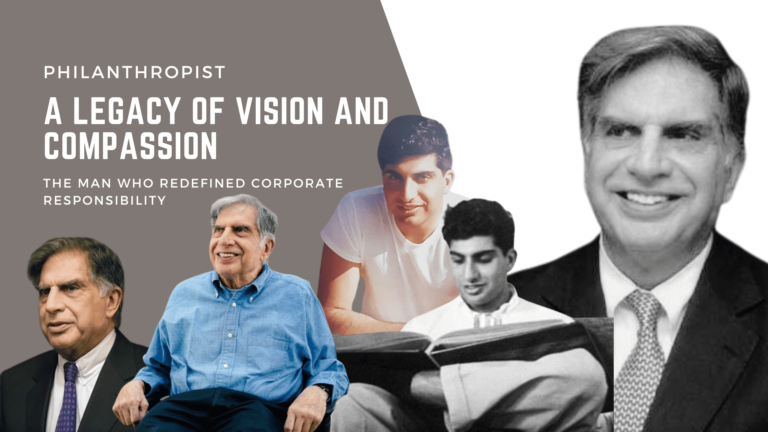


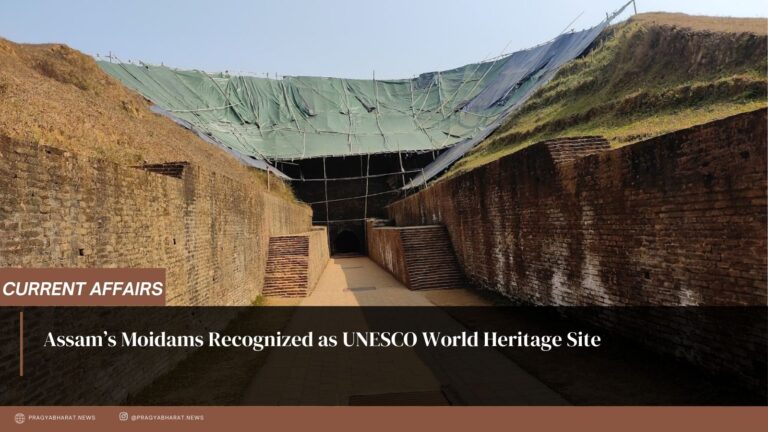

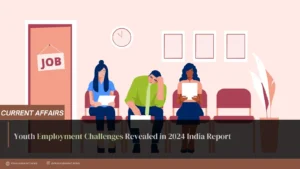

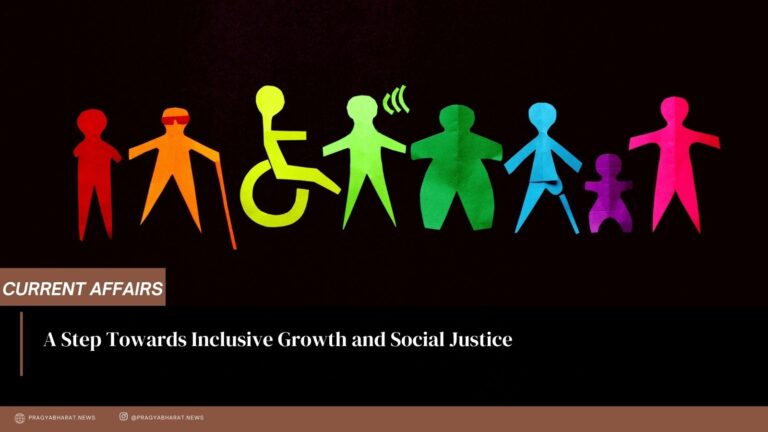
+ There are no comments
Add yours